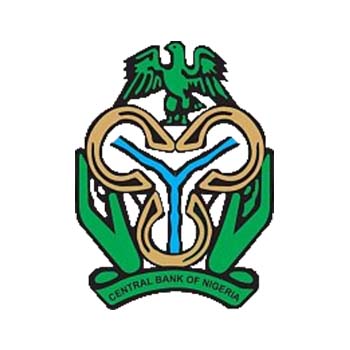
In what it says highlights the effectiveness of Nigeria’s ongoing reform agenda, the country’s Central Bank, on Wednesday reported a $6.83bn Balance of Payments (BOP) surplus in the 2024 financial year, marking a decisive turnaround, compared to the $3.34bn deficits in 2023, and $3.32bn in 2022.
This improvement, according to a statement by Sidi-Ali, Hakama (Mrs.), Acting Director, Corporate Communications at the CBN, reflects the
impact of wide-ranging macroeconomic reforms, stronger trade performance, and renewed investor confidence in Nigeria’s economy.
The current and capital account recorded a surplus of $17.22bn in 2024, underpinned by a goods trade surplus of $13.17bn, she noted, just as petroleum imports declined by 23.2% to $14.06bn, while non-oil imports fell by 12.6% to $25.74bn.
On the export side, gas exports ballooned by 48.3% to $8.66bn, and non-oil exports by 24.6% to $7.46bn; just as remittance inflows remained resilient, as personal remittances grew by 8.9% to $20.93bn.
Within the period also, the CBN said International Money Transfer Operator (IMTO) inflows surged by 43.5% to $4.73bn, up from $3.3bn in 2023, reflecting what it termed stronger engagement from the Nigerian diaspora.
Official development assistance also climbed 6.2% to $3.37bn.
Nigeria recorded a net acquisition of financial assets totalling $12.12bn, with portfolio investment inflows more than doubling, after soaring 106.5% to $13.35bn, with resident foreign currency holdings up by $5.41bn, indicating stronger confidence in the country’s economic stability.
Foreign direct investment, however, fell by 42.3% to $1.08bn, the overall financial account posted notable gains, while Nigeria’s external reserves increased by $6bn to $40.19bn by year-end 2024, enhancing its buffer.
Notably, net errors and omissions narrowed significantly by 79.5% to negative $5.10bn in 2024, down from $24.9bn in 2023, reflecting substantial improvements in data availability and capture. This represents a major advance in data accuracy, transparency, and overall reporting integrity.
The CBN described its policy of foreign exchange market liberalisation and unification as a disciplined monetary policy approach to managing inflation and stabilising the naira, and coordinated fiscal and monetary measures have all contributed to enhanced competitiveness and investor sentiment.
The statement quoted Olayemi Cardoso, Governor of the CBN as saying “the positive turnaround in our external finances is evidence of effective policy implementation and our unwavering commitment to macroeconomic stability.
“This surplus marks an important step forward for Nigeria’s economy, benefiting investors, businesses, and everyday Nigerians alike,” he added.












